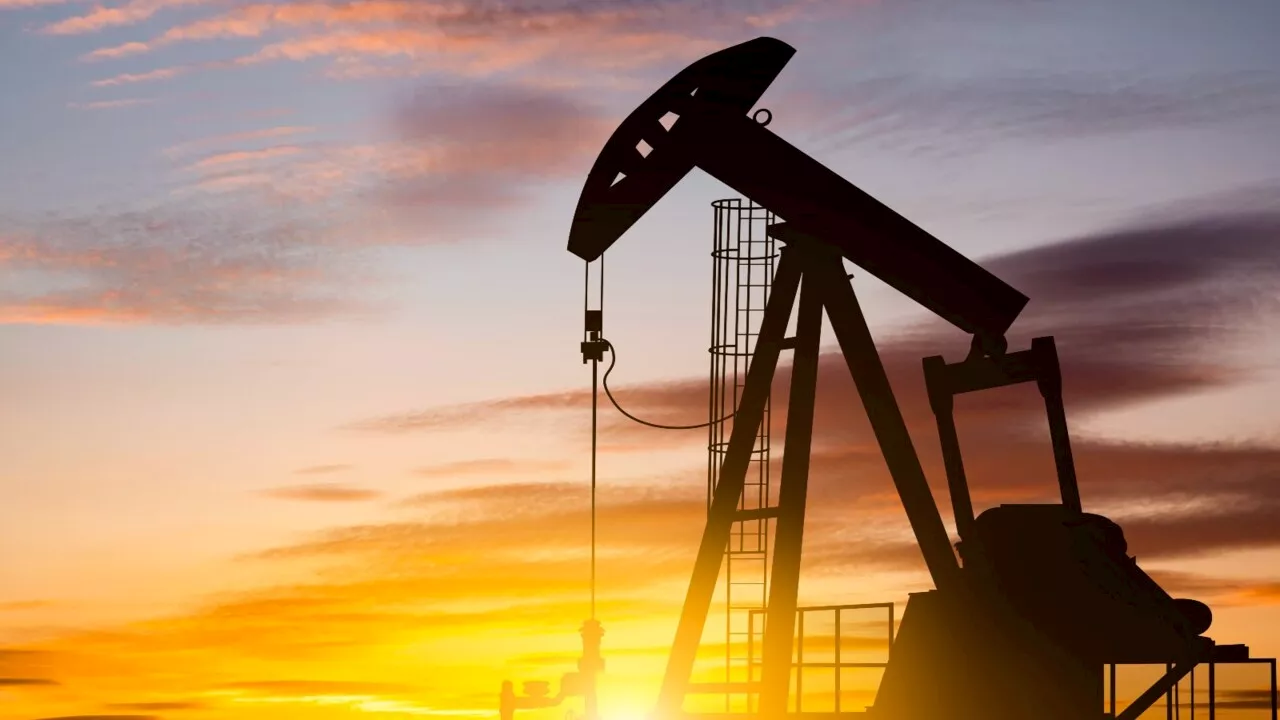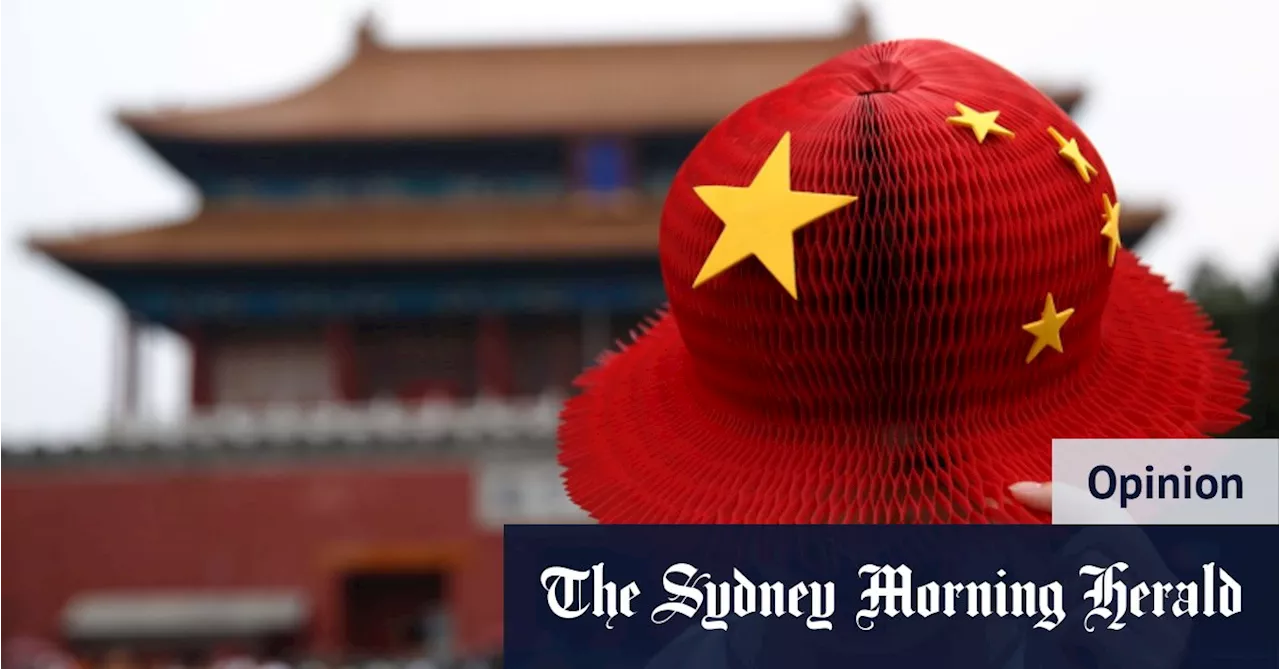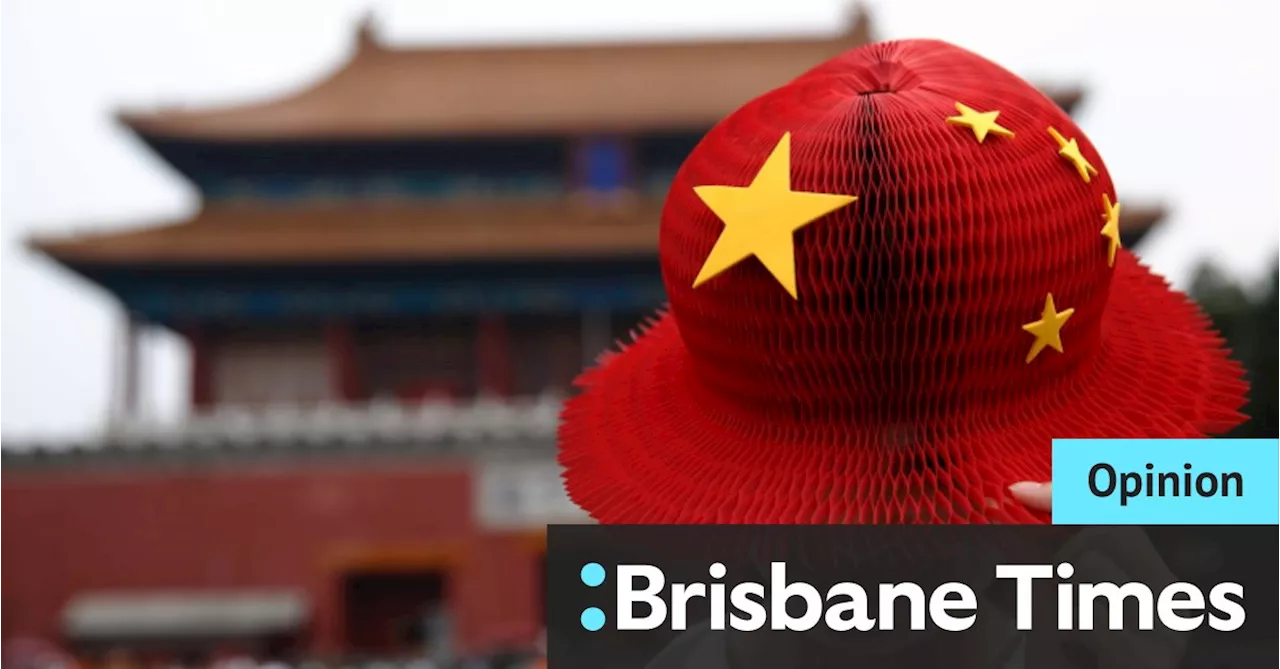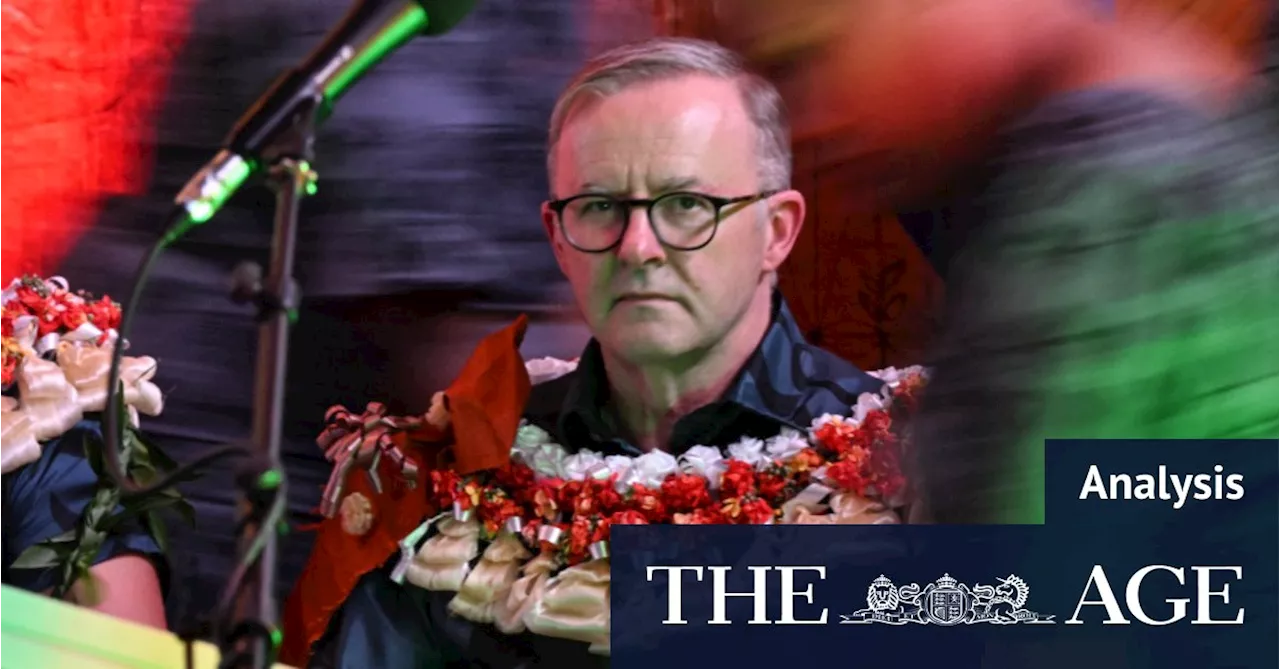Many of us got a (bill) shock in July when prices spiked. Why aren’t renewables making our bills cheaper? What’s behind the cost of our power?
Add articles to your saved list and come back to them any time.The streetlights fizzed and crackled into life moments after the mayoress tweaked the switch-key. Cheers erupted in the town’s steam-powered engine house. Several passersby fled in fright at the unexpected noise. It was November 9, 1888, and Tamworth had just beaten Sydney and Melbourne in the race to light streets with electricity.
. Indeed, a record number of people complained to the NSW ombudsman about their power bills after charges increased by around 20 per cent overnight. Costs surged in Victoria and Queensland, too.First, when did Australia electrify? In homes, though, while there were early domestic customers around the turn of the century, electric power took decades to really take off. By 1950, most – but not all – Melbourne houses were wired for electricity, according to Museums Victoria. In post-war Sydney, increasing domestic demand for electric power was curtailed by blackouts.
Today, many electricity producers sell power at fluctuating prices to retailers on a wholesale market. This competition, in theory, should make consumers better off, says Tony Wood, the Grattan Institute’s energy program director. The grid’s lifeblood is AC power: alternating current. For rock music fans, this is distinct from DC . The first public electricity system, devised by Thomas Edison in the 1880s, used direct current. Then inventor Nikola Tesla, among others, figured out that alternating current could more practical to transmit over long distances. We still use DC widely, particularly in our electronic devices.
Demand is the other side of this delicate equation: it’s typically low on weekdays when many of us are at work, but spikes at dinnertime or on hot days during school holidays when everybody turns on air-conditioners. In the UK, famously, power companies are on high alert for customers dashing to make a cuppa during television ad breaks .Justin McManus.
Wholesalers wear the costs of juggling this ever-fluctuating puzzle and the knock-on effects of external events. The war in Ukraine continues to impact the price of natural gas, one of the fuels we use to make electricity; coal prices have varied dramatically in recent years, at one time due to floods in Queensland. But consumers are, for the most part, insulated from this wild ride: we just get a bill, and its maximum possible charge is closely regulated.
If you have panels, you probably know that you don’t get paid much for the electricity you export to the grid: the price, called the feed-in tariff, is typically 5¢ per kilowatt-hour. So how can power companies get away with charging, say, 36¢ per kWh to supply us with grid power in return? The short answer, says Victoria’s Essential Services Commission, “is that the feed-in tariff is going down because electricity prices during the day are going down”.
“We’re not getting the benefit as fast as we might have expected,” says Grattan’s Tony Wood. “You’ll hear ministers, particularly energy ministers, saying how renewables are the cheapest cost of electricity, and that’s true. That’s one of the benefits of having spent a lot of money on renewables over the last 20 years, the costs have come down dramatically, particularly solar and, to some extent, wind. But you still have to get it to your house or business.
Australia Latest News, Australia Headlines
Similar News:You can also read news stories similar to this one that we have collected from other news sources.
 ‘Big fall’ in oil prices to lowest levels since JulyCommSec’s Tom Piotrowski says there is a “positive picture” for stocks as we move into the final stages of the session for Wall Street. Technology stocks have flourished as they often do 'from time to time,' Mr Piotrowski told Sky News Australia. “Also, encouraging on the inflation front is that we’ve seen a big fall in oil prices.
‘Big fall’ in oil prices to lowest levels since JulyCommSec’s Tom Piotrowski says there is a “positive picture” for stocks as we move into the final stages of the session for Wall Street. Technology stocks have flourished as they often do 'from time to time,' Mr Piotrowski told Sky News Australia. “Also, encouraging on the inflation front is that we’ve seen a big fall in oil prices.
Read more »
 Why has Portugal's prime minister António Costa resigned?Portugal's Prime Minister António Costa says his conscience is clear, but being the subject of a corruption investigation is enough to force him to leave office.
Why has Portugal's prime minister António Costa resigned?Portugal's Prime Minister António Costa says his conscience is clear, but being the subject of a corruption investigation is enough to force him to leave office.
Read more »
 Fading giant: Why China faces a difficult futureWhile the IMF has lifted its forecasts for China’s economic growth this year, it has painted a very different picture for the second half of the decade.
Fading giant: Why China faces a difficult futureWhile the IMF has lifted its forecasts for China’s economic growth this year, it has painted a very different picture for the second half of the decade.
Read more »
 Fading giant: Why China faces a difficult futureWhile the IMF has lifted its forecasts for China’s economic growth this year, it has painted a very different picture for the second half of the decade.
Fading giant: Why China faces a difficult futureWhile the IMF has lifted its forecasts for China’s economic growth this year, it has painted a very different picture for the second half of the decade.
Read more »
 Showing up matters: Why Albanese must keep travellingAfter cosying up to Xi Jinping in Beijing, Anthony Albanese has immediately pivoted to curtailing China’s influence in the Pacific.
Showing up matters: Why Albanese must keep travellingAfter cosying up to Xi Jinping in Beijing, Anthony Albanese has immediately pivoted to curtailing China’s influence in the Pacific.
Read more »
 Showing up matters: Why Albanese must keep travellingAfter cosying up to Xi Jinping in Beijing, Anthony Albanese has immediately pivoted to curtailing China’s influence in the Pacific.
Showing up matters: Why Albanese must keep travellingAfter cosying up to Xi Jinping in Beijing, Anthony Albanese has immediately pivoted to curtailing China’s influence in the Pacific.
Read more »
